I can site a number of incidents where either the chief engineer or master is sentenced for a prison term ranging from a few months to few years.
I can also name many incidents where a company is handed over a fine ranging in millions of dollars.
I am talking about the incidents related to false oil record book entries.
What’s more !!! In 2016, Princess Cruise Lines paid USD$40 million as a plea agreement in respect of a number of US MARPOL violations. This is the largest ever criminal penalty involving deliberate vessel pollution.
That is huge amount of money.
In United state, involved of National whistleblower center has seen increase in number of reported Marpol violations.
Port states these days consider the false oil record book entry as the “signed confession” by the person making the entry.
I am just trying to show here the seriousness of this matter. Usually the serious matters warrant serious measures. Not in this case.
In these cases, measures required are so simple.
To avoid these situation, we just need to ensure that we do not make any false entry and we do not violate Marpol.
But for Masters the situation is not that simple. Sometimes they may find themselves into these situations for no direct fault on their part.
This is simply because they are not involved directly with the engine room operations. And also because for Masters it may not be easy to verify the correctness of oil record entries.
But there are few things masters must do to avoid themselves from situations of false record book entries.
Master’s action would fall in two different categories.
- Actions to prevent false oil record book entries
- Actions on discovering false oil record book entries
Let us discuss both of these actions.
Actions to prevent situations of false oil record entries
We all have heard this phrase. “Prevention is better than cure”.
As I would discuss later in this post, the actions required on discovering false oil record book entries are not so easy.
The best bet to handle false oil record book entries is to prevent these. Masters have an important role in preventing false oil record book entries.
The whole idea of prevention of these situation lies on masters being aware of what is required and then being situationally aware of what is going around on board their ship.
Let us see how this is done.
1. Verify the Seal record
Each company may have different methods to control the Marpol violations on their ships.
But effectively sealing the carefully identified Marpol point is the most basic method that most of the companies use.
Most companies would require the ship staff to maintain a Marpol seal record which has the record of all the seals put on Marpol lines. These may include
- Seals on OWS equipment
- Seals on flanges of lines of the IOPP tanks
- Seals on overboard valves
- Seals on emergency overboard and suction line and valves
- Seals on sludge overboard line, valves and flanges
This is the most basic version of Marpol seal record. Few companies require ships to maintain an elaborated seal record.
For example Fleet management has a good format of seal record. They also have the seal management in their PMS system.
Most of the companies require masters to maintain this seal record. It is Masters who have the inventory of seals with them and it is Masters who issues the new seals to the chief engineer when required.
This puts the master’s role in the picture and masters must get themselves involved in ensuring compliance with Marpol.
As a first step, Master upon joining must personally check the correctness of this seal record.
Masters must also verify that the required locations are effectively sealed. By effective sealing I mean that it should not be possible for anyone to remove the seal and repaste it. Or it should not be possible to tamper the seal without anyone knowing about it.
But what if your company do not have the requirement of maintaining seal record ? Least a master can do is to suggest that to the company in the Master’s review.
2. Know the Amount of sludge produced
Masters must be aware of how the sludge produced is handled on their ship. The first step in doing that is to know how much sludge is suppose to produce and how much sludge is actually produced.
There is this 1% rule for the production of engine room sludge.
As per this rule of thumb, the sludge generation from purification of heavy fuel oil is usually not less than 1% of the total oil purified.
This 1% rule is used by many port state authorities specially German port state as the first sign of marpol related violations.
For example in one of the incident, German port state while inspecting a 100000 GT bulk carrier Found the following facts
- As per the 1% rule, the sludge generated should have been 15 Tons
- As per the oil record book, only 2 Tons of sludge was generated in that period
German authorities use this as the first indication of detailed Marpol inspection. In this case bulk carrier was found to be violating number of aspects of Marpol Annex I.
Masters can use this 1% rule to check any irregularities in handling of sludge in engine room.
We must also keep in mind that it is not necessary that ship’s sludge production cannot be less than 1% of fuel oil used.
But it can is a good first indicator of some bad practices in handling of sludge.
Actions on discovering false oil record book entries
As i said earlier, actions in these cases are not so easy. I am being practical here.
But before we discuss that, first let us bring some clarity to the term “false entry”.
There are two type of entries that do not represent the actual picture or facts
- Wrong oil record book entries
- False oil record book entries
Wrong oil record book entry is unintentional. These are the entries that are either
- not made in the format it is required by the rules; or
- date entered is wrong but was unintentional; or
- was the case of typo error
The action required in case of wrong entry is simple. Just ask the chief engineer to correct the entry by Code “I”.
But when we talk about false entry, it is meant to be an entry that is factually wrong and it made intentionally with full knowledge of the fact that he/she is making a false entry.
This is serious crime. Now let us divide the term “False entry” in two broad categories
- Pollution false entry
- Non-pollution false entry
Actions on discovering a Non-Pollution false oil record book entry
Non-pollution false ORB entry is the one where a false entry is made but there is no pollution involved.
Case : Transfer of Oily waters/Sludge from IOPP tank to non-IOPP tank
This could be one of the case where oily waters/Sludge is transferred from IOPP tank to non-IOPP tank and the fact is not recorded in the ORB.
There is no pipeline connecting IOPP tanks to a non-IOPP tanks. If this transfer was done, it has to be intentional and not by a mistake.
The transfer would most likely be with the use of welden pumps and loose hoses.
If this fact is not highlighted in the oil record book, this would be falsification of record with no actual pollution involved.
In this case Master must inform the company and ask the company to inform the flag of the vessel.
Company also need to advise the flag about the proposed remedial action and inform the flag again when remedial actions has been completed.
The email from the company to the concerned flag may look something like this.
Flag state would ask to make the entry about this transfer in the oil record book and send them the scan of this entry.
Chief engineer can then make the correct entry in the oil record book and send the scan to company. Company will send the scan of this entry to the flag.
On completion of the corrective action (Disposal of the sludge ashore), entry need to be made in the oil record book.
Master will forward to the company the scan of the oil record entry of the disposal of the sludge to shore facility.
Company need to forward this email from master to the flag as the evidence and confirmation of completion of corrective actions.
This communication with the flag can be kept in the oil record book for future reference. This will close the case with no further implications.
Actions on discovering a false oil record book entry that involves pollution
Now let us come to a case where some crew members are involved in the illegal disposal of the oil and in oil record book this disposal is shown as legal disposal.
On paper the action required from a master in this case looks too simple. Inform the company, inform the flag, inform the port state and do not sign the oil record book.
In realty, though these are absolutely correct steps but for a Master all these steps are not simple.
Master would be seen with a bad eye by everyone involved. Don’t be surprised if even the company want this matter to be buried. In this case master may find himself in the center stage of everything.
One thing that the Master must understand. When a master is aware of an illegal discharge and he does not inform and record this, he becomes the party to this illegal discharge. It is that serious.
But before a Master jumps to what is required, these are few things he must do.
Talk to chief engineer
One thing the master cannot afford is misunderstanding and mis-communication. It is so important to clarify the matter with the chief engineer.
Master need to be sure that there is actual case of Marpol violation.
Now let us see few cases which master can expect in these situations
Case: Chief engineer agrees to the Marpol violation with explanation
Chief engineer may agree that there is Marpol violation but has one of these explanations.
Explanation # 1
It is just the water with no oil content in it.
Explanation # 2
The water we are throwing out at sea without using OWS is cleaner that the ballast water you have been deballasting inside port.
Explanation # 3
Bilge water is generated from the muddy sea water and OWS gives alarm as OWS detects it as oil even when there is no oil in it.
Irrespective of how logical the explanation might look, the operation which is not as per MARPOL is illegal.
For example even if the bilge water is cleaner than ballast water, it need to be discharged through OWS. This is because Marpol has set the conditions for discharge for bilge water and not for ballast water.
We are just supposed to follow Marpol and not question it.
Master in this case has to inform the company and company has to inform the flag. When such reporting originates as voluntary reporting by the company, more often than not there are no punitive measures taken by the flag.
For example, USCG has a voluntary disclosure policy where by there will not be any criminal proceeding provided
- The disclosure is made to USCG voluntarily and
- The disclosure is made within 21 days of discovery of marpol violation
 Conclusion
Conclusion
We all have a duty to follow rules and international regulations. Not out of compulsion but as a culture.
Other wise too, technology has made great advancements in the shipping and it is really tough to hide a violation. For example European ports uses cleanseatech to monitor the discharge of oil at sea.
CleanSeaNet is the satellite based oil spill and vessel detection service. This can detect even the minor oil sheen in the water and the alert reaches the authorities in less than 30 minutes.
On detection of a Marpol violation, Master will have a tough job. But they have to do it the way that is right.
Share this:

About Capt Rajeev Jassal
Capt. Rajeev Jassal has sailed for over 24 years mainly on crude oil, product and chemical tankers. He holds MBA in shipping & Logistics degree from London. He has done extensive research on quantitatively measuring Safety culture onboard and safety climate ashore which he believes is the most important element for safer shipping.
Search Blog
2 Comments


Good day sir, i have question. " How you will know/check if the ORB is falsified?
Leave Comment
More things to do on myseatime

MySeaTime Blogs
Learn the difficult concepts of sailing described in a easy and story-telling way. These detailed and well researched articles provides value reading for all ranks.

Seafarers Question Answers
Ask or answer a question on this forum. Knowledge dies if it remains in our head. Share your knowledge by writing answers to the question

MySeaTime Podcast
This podcast on the maritime matters will provide value to the listeners. Short, crisp and full of value. Stay tuned for this section.


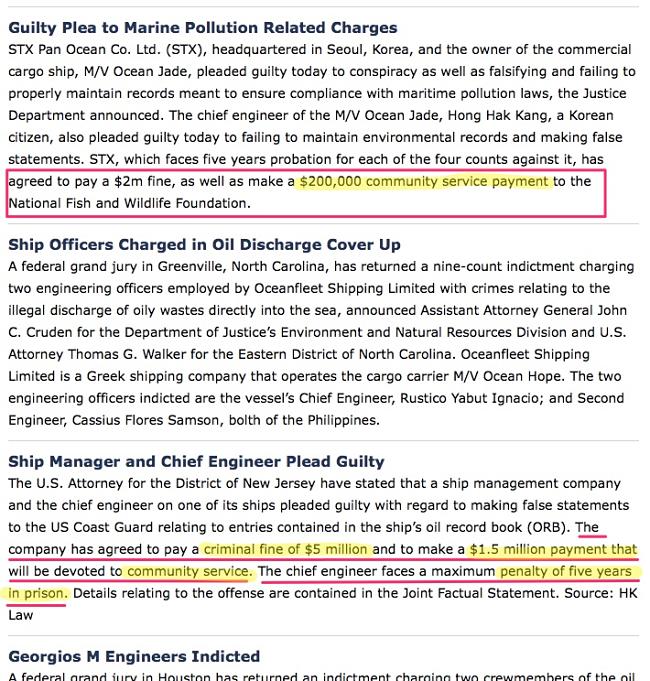
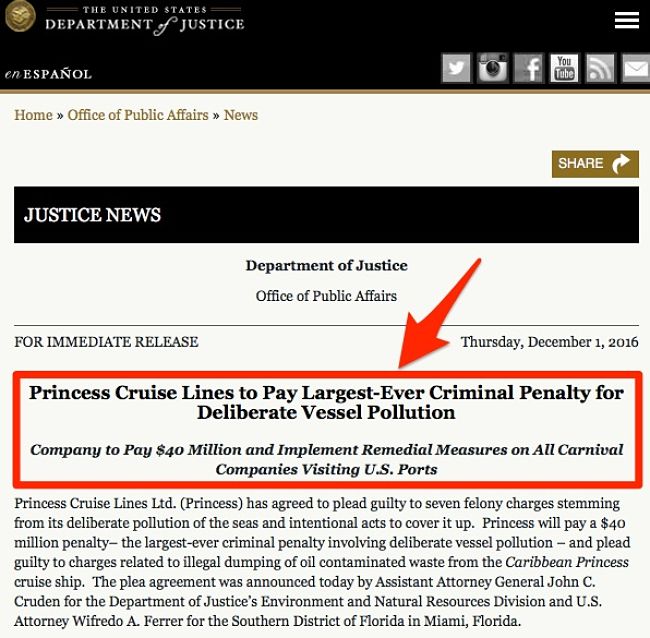
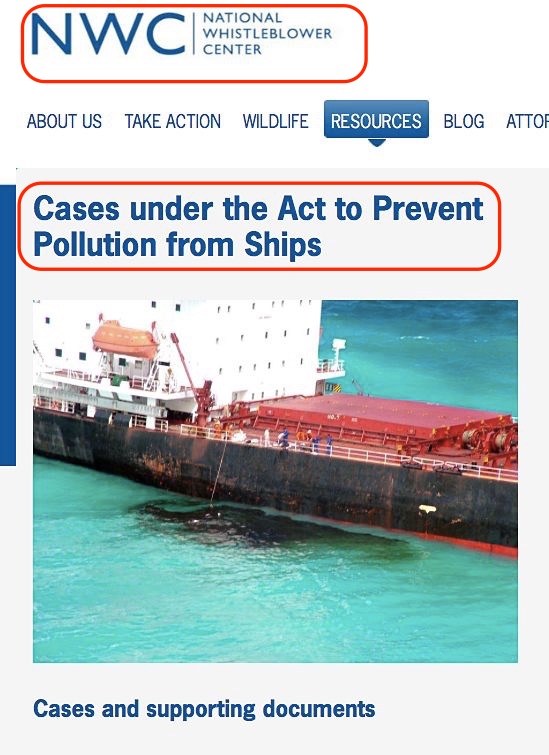
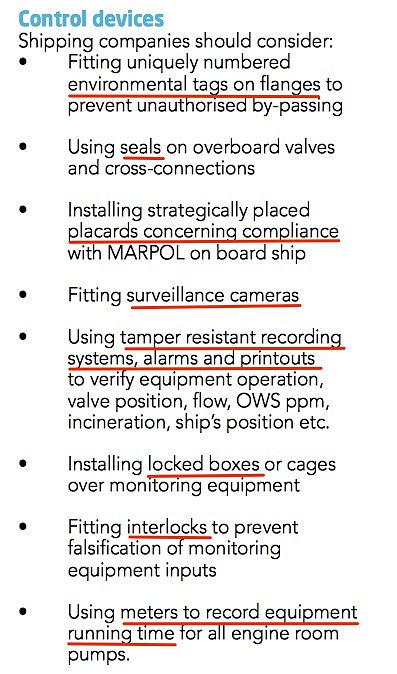
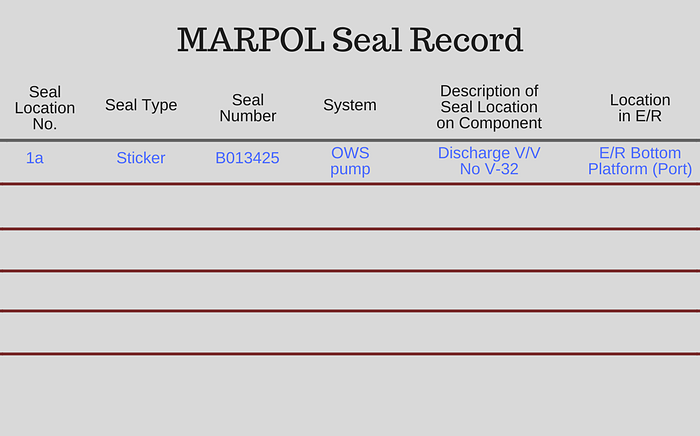
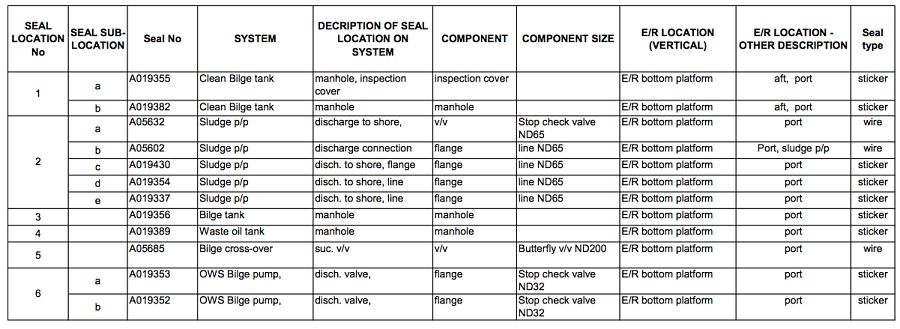
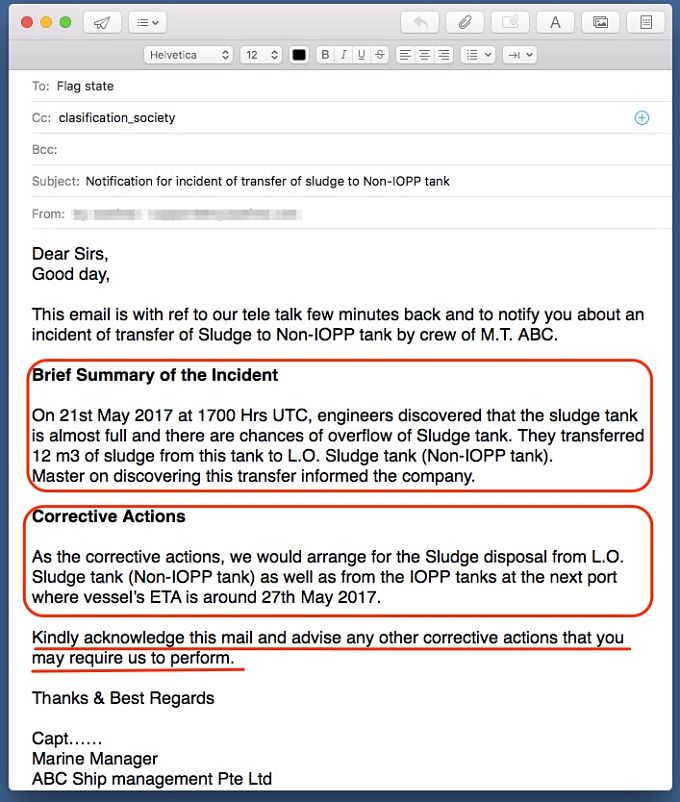
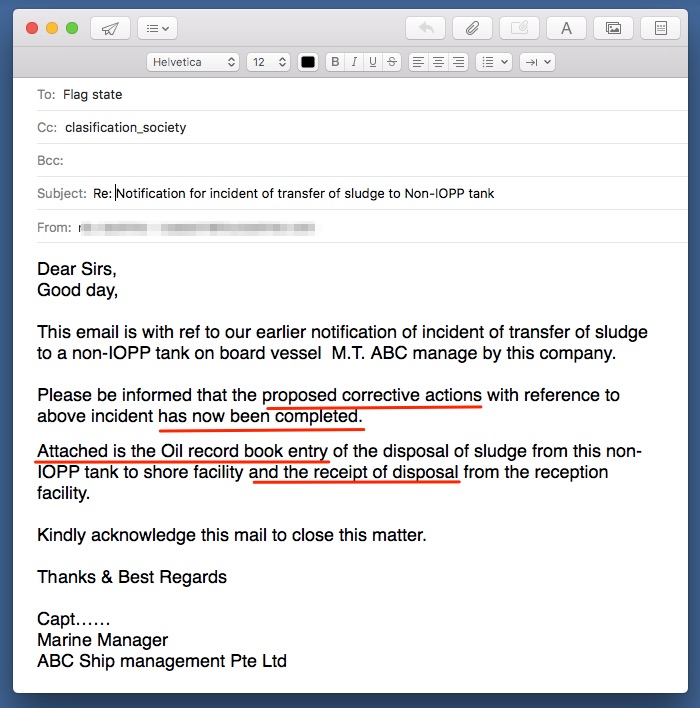
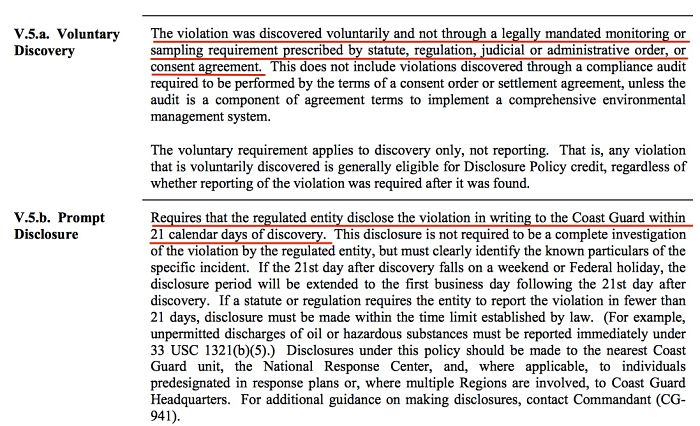
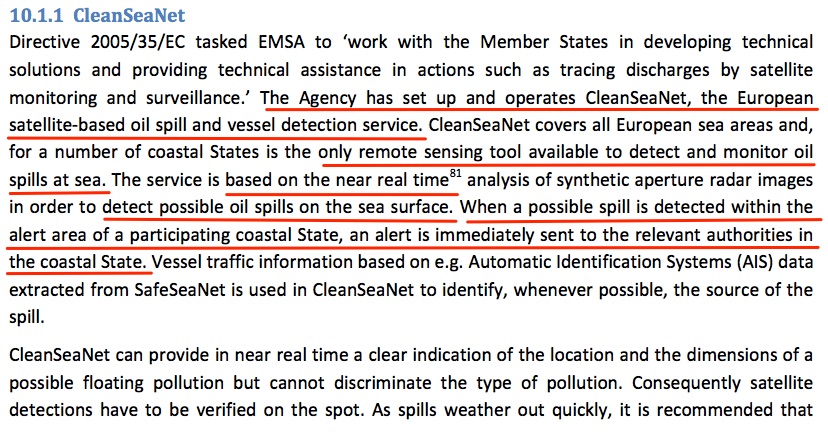
Appreciate your lucid explanation to a topic that is seldom discussed but extremely important.